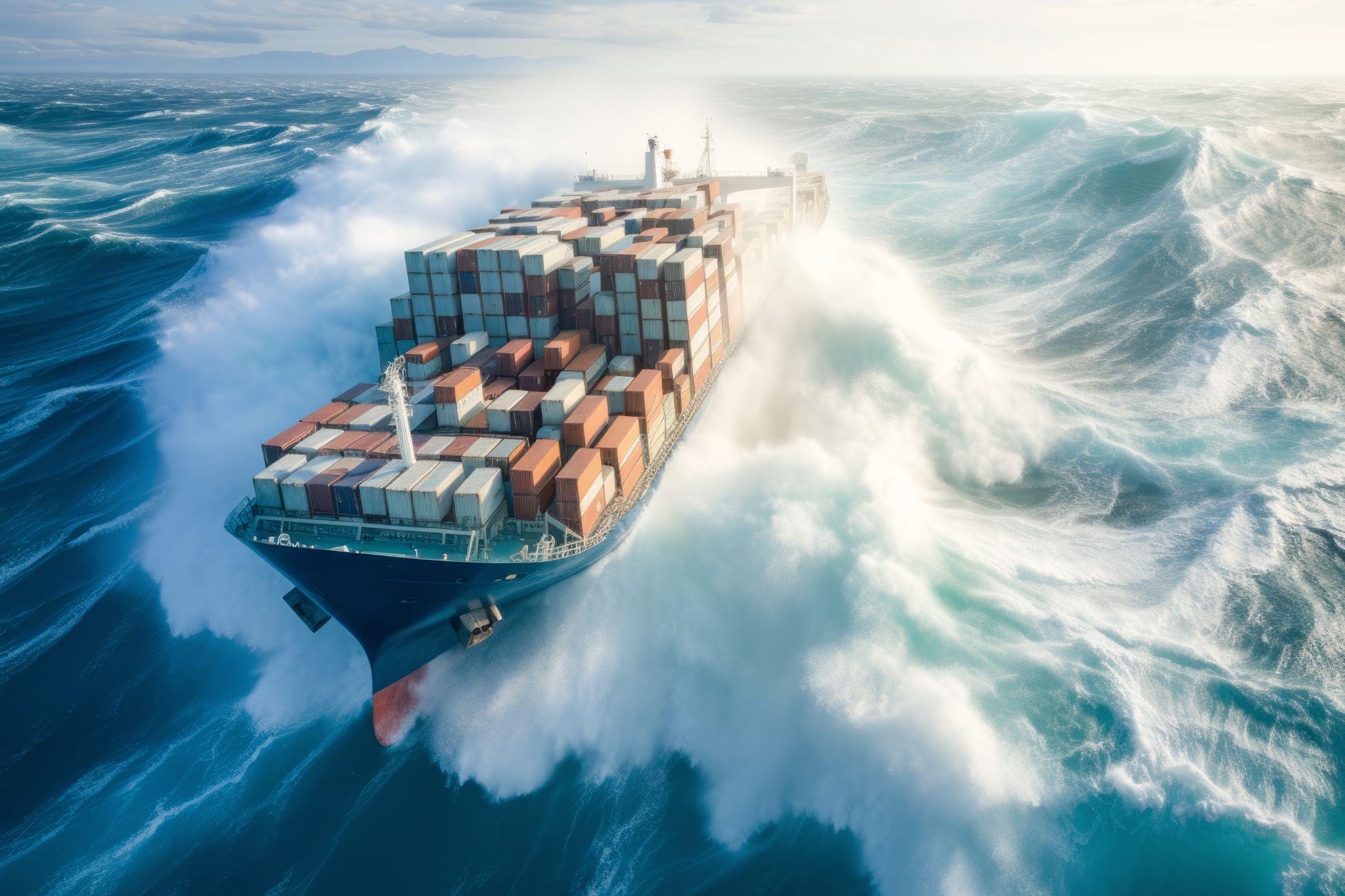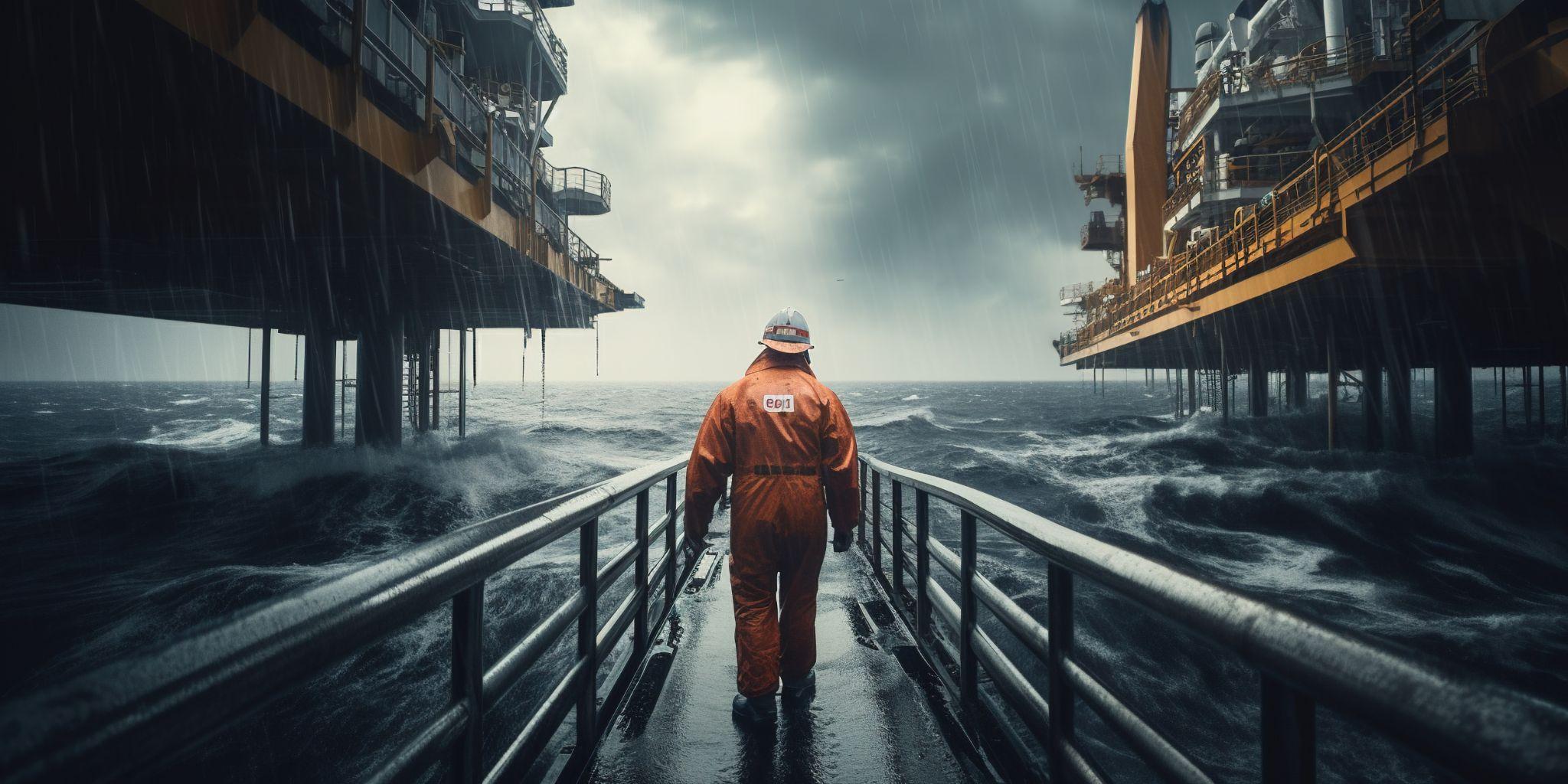
Blog
The Role of Weather in Causing Maritime Accidents
Posted in Maritime, Maritime Injury
Storms at sea are responsible for many maritime accidents throughout history. Why is maritime weather such a driving force for injuries at sea, and what types of weather conditions contribute to causing these accidents?
Maritime Weather Is Difficult to Predict
The oceans and great lakes generate weather patterns of their own, and it can be very difficult to forecast how these natural forces will work together. Maritime storms can build quickly and strike with no warning. Maritime workers face many kinds of dangerous weather that can cause ships to run aground and capsize, or which injure individual workers on board.
Some of the weather-related risks maritime workers face:
- Storms and hurricanes generate high winds, lightning, hail, and dangerous waves.
- Heavy fog makes it hard to navigate a ship and can cause collisions.
- Icebergs and surface ice pose serious risks to the hull of a ship.
- Ice buildup on the ship and its rigging can make it unstable.
- Tropical storms and waterspouts can flood the decks and sweep crewmembers over the side.
- Maritime winds generate waves and swells that can capsize a ship or cause crew to fall overboard.
- Extreme heat and freezing weather pose temperature risks for crewmembers, including heat stroke and hypothermia.
Serious Maritime Accidents Due to Weather Conditions
There are many examples of changing weather conditions where the captain may have failed to take appropriate actions to protect the ship and the crew, leading to a maritime disaster. In other cases, a poorly maintained or unseaworthy vessel can be compromised by maritime weather that a seaworthy vessel would be expected to endure.
Some examples of recent maritime accidents due to weather conditions include:1
- The Viking Sky lost power in rough seas off the Norwegian coast in 2019. A total of 460 passengers were safely evacuated from the ship as it dragged both anchors through the stormy seas.
- The fishing vessel Yong Yu Sing #18 was blown off course in a maritime storm in the South China Sea in 2020. While the ship was eventually located, the crew of 10 appears to have abandoned ship and were never found.
- The Scandies Rose capsized and sank due to ice accumulation on the masts and structure of the ship off the coast of Alaska in 2019. Five lives were lost when the ship went down.
- The Russian trawler Onega suffered a similar fate due to maritime damage from ice buildup in the Barents Sea in 2020, with 17 lives lost.
Weather Dangers for Individual Crew Members
When a commercial vessel goes down due to weather conditions, there is usually an investigation and the cause is determined to be an unavoidable “Act of God.” Other contributing causes involving poor planning, failed navigation, lack of crew training, or an unseaworthy vessel may be at least partly to blame for the accident. However, many individual crew members are injured each year in service to their vessel, and these accidents may not receive the same scrutiny.
Many maritime workers are entitled to protection under the Jones Act or other maritime laws that can provide compensation and support for those injured due to weather at sea. Working with an experienced maritime injury lawyer can help you determine if shipowner negligence played a role in causing your accident or making it worse.
- Shifting cargo or falling equipment can crush or injure a crew member.
- Maritime workers can be thrown overboard when a ship runs aground or collides with a dock or bridge.
- Equipment on board can malfunction from corrosion and lack of maintenance.
- The engines and cooling equipment can fail and cause fires or smoke injury.
- Fatigue and lack of training can lead to accidents involving other crew members.
- Lack of appropriate safety equipment or procedures can cause maritime injuries.
Who Is Ultimately Responsible for Maritime Weather-Related Injuries?
While no one controls the weather, and the shipping company’s insurance adjusters will be quick to claim that weather-related accidents are unavoidable, the fact remains that most weather-related injuries at sea could be prevented. Shipowners have a duty to maintain seaworthy vessels that are suitable for the rigors of operating in maritime weather.
Ship captains and owners are responsible to plan routes based on up-to-date weather forecasts and make decisions like returning to port or evacuating a platform to keep the vessel and crew safe. There are many ways that a shipowner or drilling platform company might have failed in their duty to prevent the injury or death of a crew member.
The Legal Ramifications of Weather-Related Maritime Injuries
When an accident happens due to weather at sea, you or a loved one can sustain life-changing injuries that can limit your career opportunities and quality of life. Pain and suffering can result from the decisions of shipowners to venture into dangerous weather with a lack of consideration for the safety of their crew.
Having an experienced team of maritime injury lawyers to help you investigate and file a complete claim for fair compensation can help you and your family recover from a devastating accident at sea. Find out if the Jones Act or other maritime laws apply in your case, and get the sound legal advice you need in these troubled waters. Contact Maintenance and Cure today to weather the storm of a serious maritime accident.
Source:















